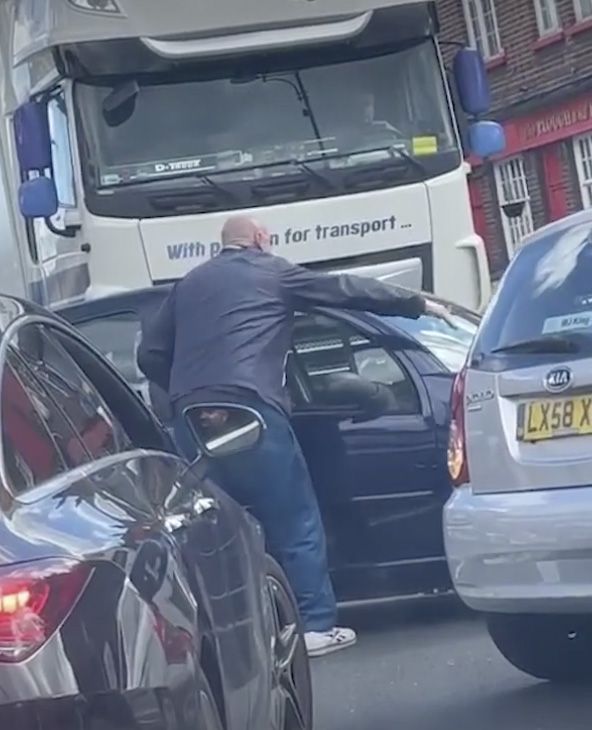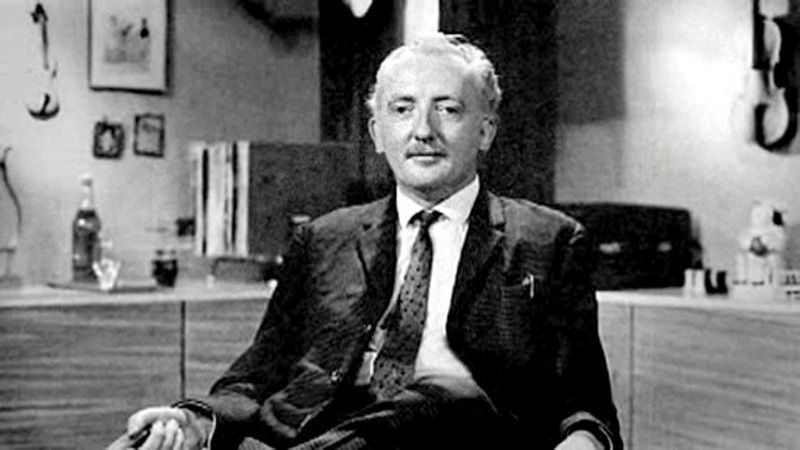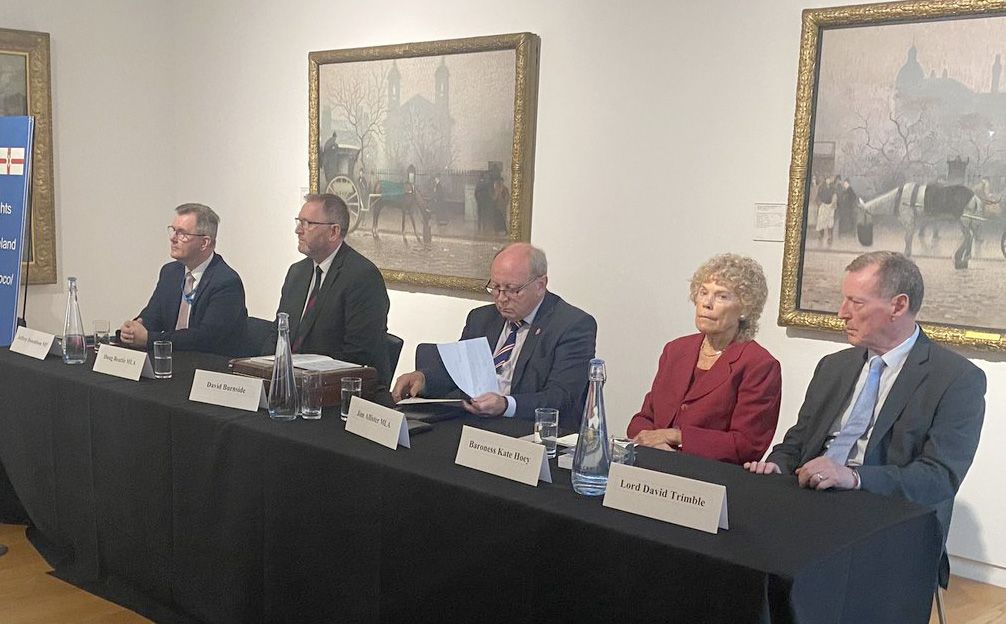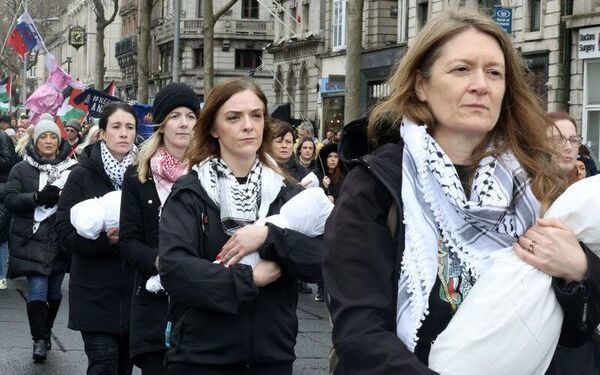IS the Union the only reason why some working class unionist voters persist in voting for parties like the DUP when that party clearly doesn’t represent them on social and economic issues? In fact, the DUP often acts against the class interests of working class Protestants, Unionists and Loyalists, especially those from deprived communities, suffering from the effects of Tory policies. The failure, thus far, of parties like the PUP and other smaller parties to organise and to win more significant electoral support compounds this anomaly. So does sectarianism.
I don’t buy into the current popular notion, based on recent opinion polls, that the DUP vote is in terminal decline. Unionism has lost its electoral majority but that could be turned around if its leaders got their act together. The scandals involving some of the DUP’s Assembly Ministers had a negative influence in the last election, but the DUP still emerged as the largest party.
Its difficulties have increased since then. Its handling of the Brexit project was shambolic. The way its Assembly team treated Arlene Foster was cowardly, but then let’s not forget that Ian Paisley also was dumped, both by the Free Presbyterian Church and the party that he founded. Edwin Poots’ leadership tenure was notable only for its brevity. Jeffrey Donaldson is now leader with a First Minister who he cannot change and whose office he cannot occupy at this time, despite his desire and stated intention to do so.
Of course the DUP could get over all these problems and its electorate may forgive them when it comes to the Assembly election. But for the first time in a long time the UUP, with its new leader Doug Beattie, is now standing on a platform which is different from the DUP, particularly on its approach to the Assembly and the Irish Protocol. The UUP have a lot of catching up to do, but its leader certainly has articulated more positive attitudes to social rights issues than the DUP. How that will play out remains to be seen. Certainly a gay unionist voter denied his or her right to marriage equality may have an electoral choice beyond Jim Wells’ dangerous silliness. But the UUP will also not represent the economic or social interests of deprived PUL working class communities, even if it improves its mandate.
The fact is, Sinn Féin policies are more advantageous to these communities than those of any of the unionist parties, but the majority of these folks would not countenance voting republican in any significant numbers at this time. It’s all about the Union and perceptions about Sinn Féin. Those perceptions won’t change in the short term.
And the Union? The DUP say it is being undermined by the Protocol. Everyone knows the Protocol is a result of Brexit and everyone also knows that Brexit is a child of the DUP. But will that affect their vote?
Jeffrey leads a party at the crossroads. So what of Jeffrey? I won’t spend too much space here recounting his career highs and lows or take us through the twists and turns of his contorted narrative on all these matters. Or on his threat to pull his Ministers out of the Executive. Or the DUP’s absence from cross-border meetings, almost certainly in breach of the ministerial code. Jeffrey knows the game is up for old unionism. But he also knows it’s not over. So he is playing for time. He recently did an interview with Freya McClements of The Irish Times. In it he gave some interesting insights into his view of the country he lives in. That’s the same place we live in. In response to a question of whether he would move if there was a United Ireland he said no.
This is the kind of clarity we needed. Minds are now focused on getting a solution to remove the barriers to trade within the UK Internal Market with a clear timetable that is measured in weeks. https://t.co/C30qH4qeMG
— Jeffrey Donaldson MP (@J_Donaldson_MP) October 7, 2021
He made it clear he was against a United Ireland and gave his view that it was unlikely to happen but... “My roots are here, this is our home and I love this place. I love the beauty of this place. I love the people of this place... My roots are here. They’re strong. This island is my home and therefore when someone asks me are you Irish, I live on this island so geographically I’m Irish, but I’m part of a wider group of nations that is British, and therefore I don’t see it as mutually exclusive, to be Irish and British or Northern Irish and British.”
He also says – and I agree with him – that unionists and nationalists do not understand each other. So Jeffrey, let us start to correct that. I am sure that the Belfast Media Group would be delighted to do an interview with you as a means of you addressing nationalists and republicans directly. If this can be arranged, I for one would look forward to reading what you will say.
Article 16 becomes a game of chicken

WILL they won’t they trigger Article 16? For those of you who don’t know what Article 16 is, it is a part of the Protocol agreed between the EU and the British Government that in the event of “serious economic, societal or environmental difficulties that are liable to persist” either side can effectively tear up parts of the deal.
The Tory Minister with responsibility for negotiations with the EU, Lord Frost, told the Tory Party conference on Monday that the Brits believe that the threshold for triggering Article 16 has already been met. Speculation is intense that an announcement to take that decision may be announced at the conference this week.
The excuse is the sham claim that the Protocol is having an adverse impact on the North. Apart from the Unionist parties accusing it of eroding the North’s constitutional position within the Union, all of the available evidence points to the contrary. Public disquiet, even among unionists, has been negligible, with protests attracting only small numbers of citizens.
In the last week our television news has been filled with images of long lines of vehicles queuing at filling stations as owners desperately try to buy fuel. Some of the images have been surreal and very dangerous. One woman is seen using plastic bags to draw petrol. Others engage in road rage and kicking cars, shouting at each other and in one instance pulling a knife. The British Army is now deployed – never a good sign.
There aren’t enough lorry drivers. Brexit forced many immigrant workers to leave. The British government has now invited them back for three months but they must leave for Christmas. They are probably expected to live in their trucks during that time. Supermarkets are having difficulty filling shelves; there is a warning that over 100,000 pigs might have to be culled and their carcasses dumped because there are not enough butchers. A news report on Monday said that Johnson’s government is “considering plans to ease visa restrictions for up to 1,000 foreign butchers.” The cost of construction has increased dramatically and the supply of some medicines is giving cause for concern.
The reason for all of this chaos? Brexit. There may be some other factors at play – including the incompetence of Boris Johnson and his Cabinet – but the dominant issue creating this mess is Brexit. Boris and his friends refuse to admit this. Why would they? After all, they, and the DUP, are responsible for Brexit. So, they need to shift the blame. It’s all the fault of the Protocol and those nasty people in the EU and in Ireland who back the Protocol. The fact that Johnson and his cronies negotiated the detail of the Withdrawal Treaty, including the Protocol is simply ignored.
So now it’s reduced to a game of chicken. The Brits are warning that they will take unilateral action to trigger Article 16. Will they – won’t they? The EU says that it will legally challenge any move by the British to break an international agreement. Will they – wont they? Watch this space.
Genius Ó Riada was a massive gift to Ireland

SEÁN Ó Riada was a genius. This column is certain of that. He brought Irish traditional music out of the back kitchens, travellers’ trailers and pub snugs and brought it centre stage and into the concert halls and theatres of Ireland and the world. Sean died on October 3, 1971, in hospital in London, aged 40. So the 50th anniversary of his death is this year.
He was born John Reidy on August 1, 1931, in Cork City and adopted the Irish form of his name, Seán Ó Riada, after becoming interested in traditional Irish culture in the 1950s. He studied music in University College Cork and did further studies in classical music in Paris. He and Ruth Coughlan married and they and their children moved to Cúil Aodh, Ballyvourney in the Cork Gaeltacht in 1963.
Seán initiated projects to perform Irish music in ensemble form. Until then traditional musicians played music on their own or in small groups including ceili bands. Seán worked in Raidió Éireann, as assistant director of music, from 1952 to 1954 and in the Abbey Theatre, Dublin, as musical director from 1955 to 1962.
He formed the group Ceoltóirí Chualann to perform Irish traditional repertory for plays during this time. The Chieftains emerged in this period and from that initiative. Most famously, Sean wrote the fabulous music score for the films Mise Éire and Saoirse, and for The Playboy of the Western World. His Ceol An Aifrinn is a joy.
Seán Ó Riada’s family have continued his musical journey. Cór Chúil Aodh, led by Peadar Ó Riada, took Féile An Phobail by storm back in troubled times. Seán Ó Riada’s contribution to Ireland and our music and culture is immeasurable. His legacy lives on.
Tá muid fior buioch do An O Riada.









